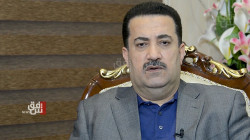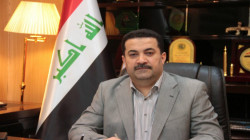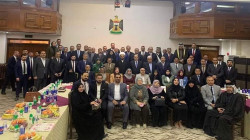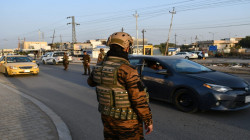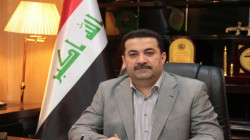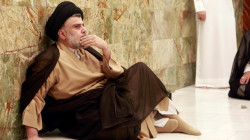PM Al-Sudani: Iraq seeks quick exit of U.S.S. forces, but no deadline set
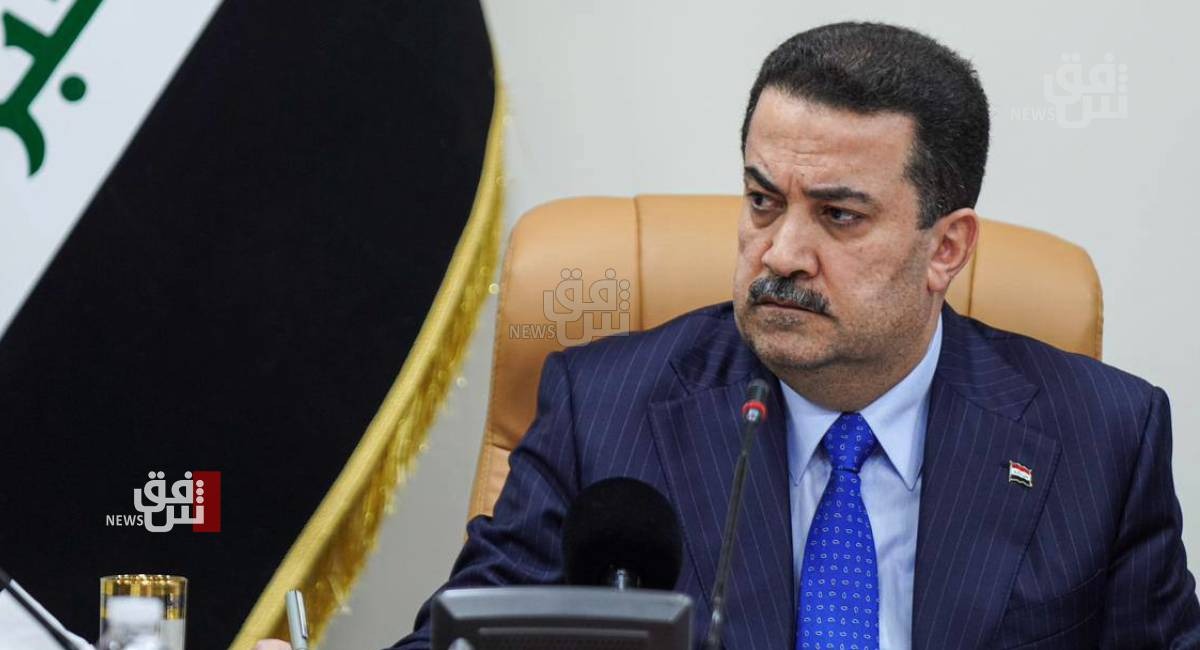
Shafaq News/ Iraqi Prime Minister Mohammed Shia al-Sudani described the presence of the U.S-led military forces as "destabilizing."
In an interview with Reuters, the Iraqi PM pointed out that Iraq wants a quick and orderly negotiated exit of U.S-led military forces from its soil but has not set a deadline,
Iraqi leaders, mostly Shiites, called on many occasions for the U.S.-led coalition's departure, particularly after the last series of U.S. strikes on Iran-backed groups that killed prominent leaders, including Abu Taqwa, the leader of Al-Nujabaa Movement.
"There is a need to reorganise this relationship so that it is not a target or justification for any party, internal or foreign, to tamper with stability in Iraq and the region," Al-Sudani told Reuters.
"Let's agree on a time frame (for the coalition's exit) that is, honestly, quick, so that they don't remain long and the attacks keep happening," he said, noting that only an end to Israel's war on Gaza would stop the risk of regional escalation.
"This (end of the Gaza war) is the only solution. Otherwise, we will see more expansion of the arena of conflict in a sensitive region for the world that holds much of its energy supply," Al-Sudani said.
At the same time, Baghdad has condemned U.S. strikes on bases used by the groups, as well as a recent strike against a senior militia commander in the heart of Baghdad, as grave violations of sovereignty.
In 2020, the Iraqi parliament voted for the Coalition departure days after the U.S. assassinated top Iranian general Qassem Soleimani and a senior Iraqi militant commander, Abu Mahdi Al-Muhandis, in a strike outside Baghdad airport.
The next year, the U.S. announced the end of its combat mission in Iraq and a shift to advising and assisting Iraqi security forces, a move that changed little on the ground.
Al-Sudani told Reuters he was seeking the coalition's exit because Iraq could now defend itself from terrorism and should exert full sovereignty over its territory - thereby avoiding giving anyone an excuse to draw Iraq into regional conflict.
"Ending its presence will prevent more tensions and the entanglement of internal and regional security issues," he said.
He pointed out that Iraq was open to establishing bilateral relations and engaging in security cooperation with coalition nations, including the U.S. This could include training and advising Iraqi security forces and weapons purchases.
The U.S. "is not an enemy to us and we are not at war with it, but if these tensions continue it will definitely impact and create a gap in this relationship," he said.
